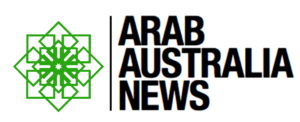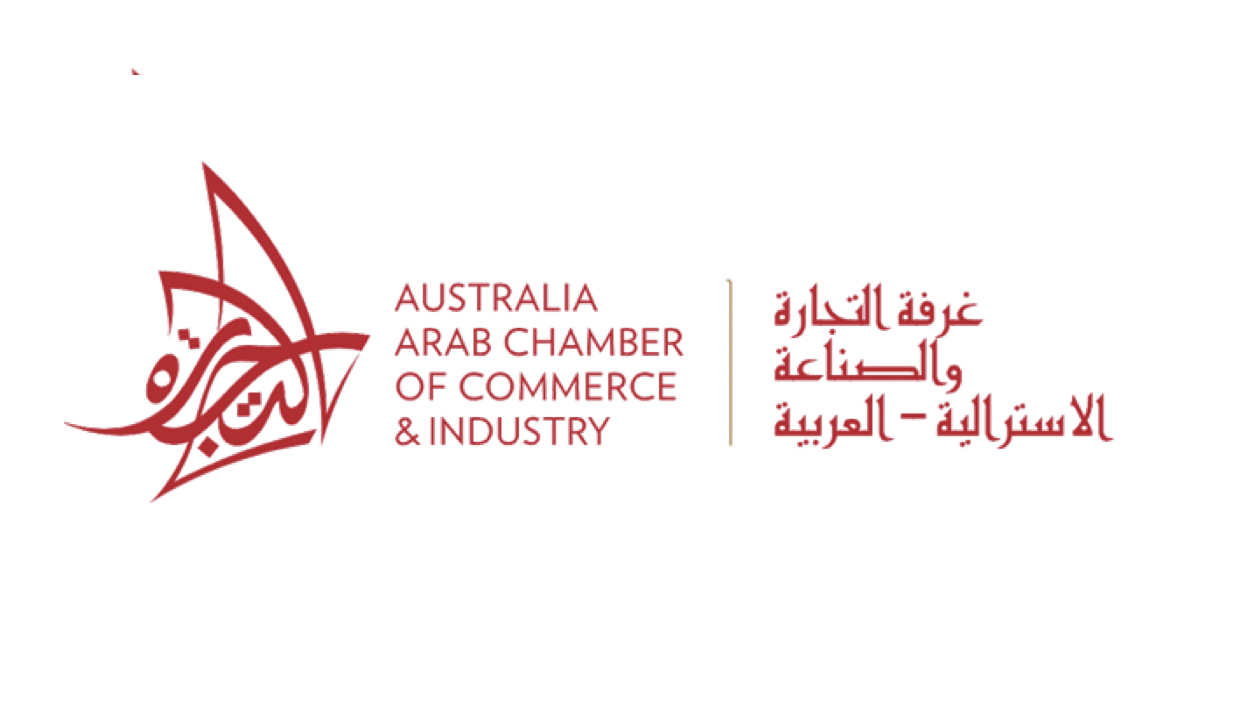If we could draw a useful lesson that we may learn from the spread of Corona virus, it could be the importance of diversification.
In China, major assembly lines are standing silent and global giants such as General Motors and Apple are yet to return to production. Much of the country remains vigilant in trying to contain the spread of the virus and in doing so, China, one of the world’s largest economies remains idle.
Australia’s major international carrier Qantas has suspended flights to China and Virgin Australia will cease to operate the Sydney – Hong Hong route from 2nd March.
MENA carriers have also suspended services to China including Oman Air, Saudia, Qatar Airways, Royal Air Maroc and Egyptair. Emirates and Etihad have suspended flights to and from China except for Beijing.
Containment efforts in China have cut off workers from their jobs and factories from their raw materials.
The result is a global slowdown impacting industries, economies and trade routes including interrupting traffic along the world’s shipping lines, leading to speculation of a sharp fall in production of everything from everywhere, from Ikea to Starbucks, from cars to smartphones.
The 2017 Australian Foreign Policy White Paper focused heavily on Australia’s relationship with China, yet it was notably light on the merits of doing business with MENA. This despite the long term visions in the MENA region for cross border diversification strategies and the GCC boasting some of the world’s largest sovereign wealth funds.
AACCI’s National Secretariat Jessica Swann spoke with Roland Jabbour OAM, AACCI President about the impact of the Corona virus on the Australian economy, on international trade and the importance of diversification.









